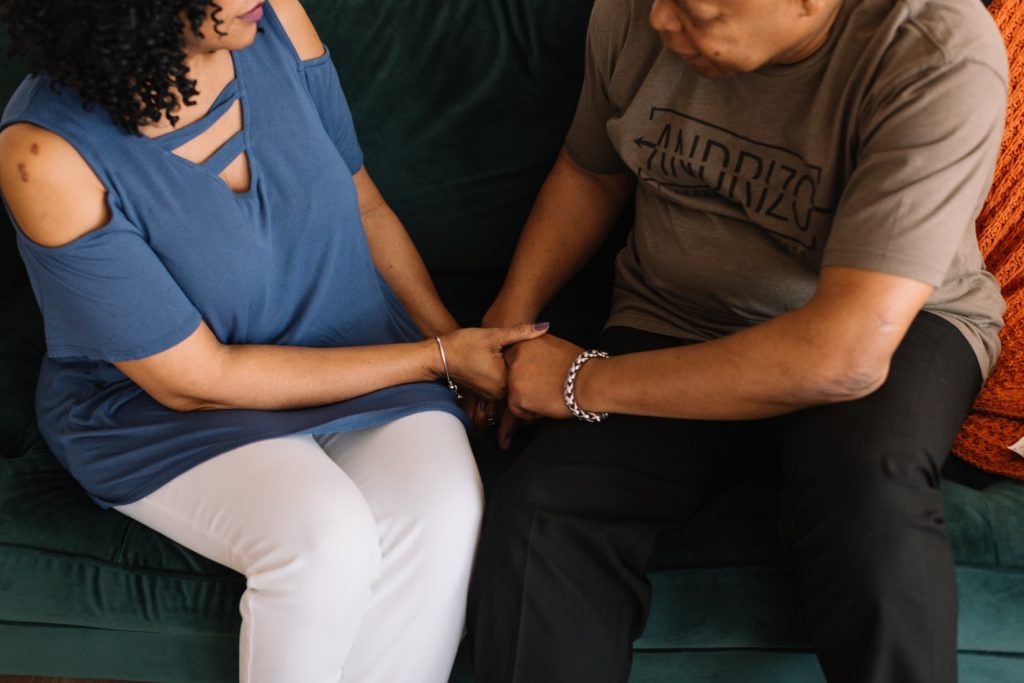
Now more than ever people need care. How can the church effectively provide this care? People in the church need to be organized and trained to care for one another, their neighbors, and isolated, hurting people.
In the past, Sunday Schools or small groups might be organized in terms of care groups. These care groups were designed to discover the needs of people in the Sunday School class or small group to be sure the needs got met. The expectation to meet these needs might be shared with other church leaders or the pastor.
Two shifts are needed. The first shift needed is for the group itself to respond to the need once it is discovered. The second shift is for the needs of people who have never attended the group to be considered as a means of ministry and outreach to them. The pressure people are now experiencing presents an opportunity to address church and community needs differently.
Care groups may not be a new idea to your church. But shifting the expectation for service to the care group itself might be. Consider these steps in re-framing your care groups from needs discovery to needs meeting groups:
- Determine the number of care group leaders needed and expectations for them
- Enlist care group leaders and provide training for them.
- Create care groups by organizing people by geography, life situation, or interest.
- Balance the care groups mixture of regular, sporadic, and never-attenders.
- Provide regular feedback for care group leaders so they can learn through serving
The need for care is not the only need people have. People also have a need to serve. People need the spiritual growth that comes from serving others. If the need for serving others is understood as a means to spiritual growth, people may start finding value in serving.
Written by Clint Calvert, Church Leadership Catalyst, Minnesota-Wisconsin Baptist Convention.



